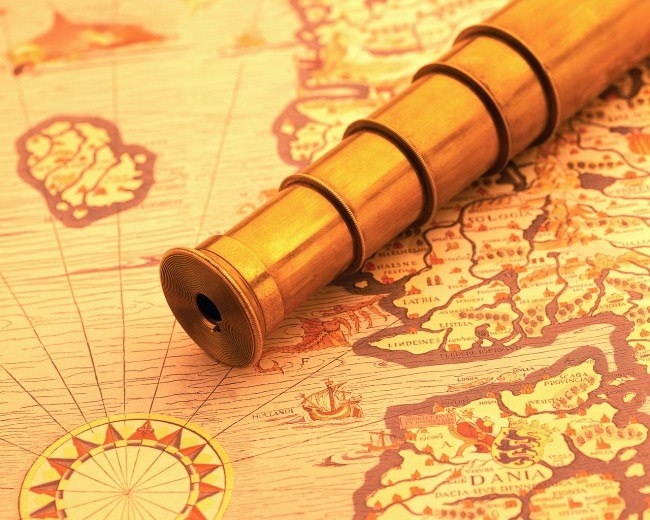I have a confession to make to you,
I’m not a grown up yet, I still rely
On other people, parents and friends who
Bolster me up when I’m blue, and don’t lie
About things because it isn’t loving,
I confess that I still cry about dumb
Things more trivial than playground shoving
And laugh in those instances when someone
Tells a poorly constructed knock-knock joke,
I wonder if this immaturity
Is perpetual, like and iron yoke,
Or if those more mature than I keep
The truth under the radar and make their own
Confession that they too don’t yet feel grown.

